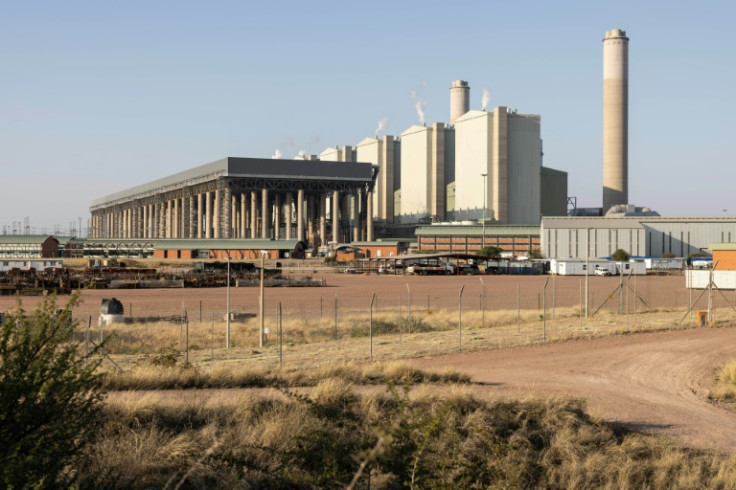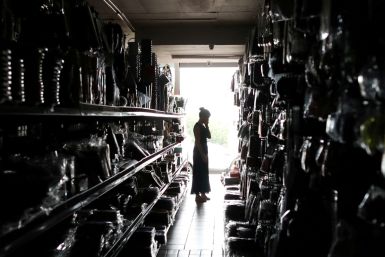Eskom Anticipates Lower Power Cuts In Summer

South Africa's energy company, Eskom is anticipating lower stages of load shedding in summers that will maximum reach Stage 4. However, if there are unplanned outages, then South Africans can face higher stages of load shedding like Stage 6.
Calib Cassim, who serves as Interim Chief Executive Officer of Eskom, held a press conference on Wednesday where he shared the energy company's plan for summer, noting that citizens can expect lower stages of load shedding towards 2023 end and early 2024.
"Our base case of 14,500MW [UCLF] shows a maximum of Stage 4 load shedding in terms of the outlook. Does it mean we are saying that there'll be no stage 6? No, we are not saying that," he explained, SA News reported.
He continued, "If the unplanned outages increase to the outer scenarios of 17,500MW, then you would utilize Stage 6 to protect the integrity of the grid. In winter, the average UCLF was around 16,500MW. This outlook for summer is 14,500MW."
Eskom's CEO further explained why the company is confident with the 14,500 megawatts, adding that it is bringing over 2,000 megawatts back at the Kusile power plant.
Cassim added, "In doing this outlook of these scenarios, we, on the Kusile side, had the assumptions of these units returning from the temporary stacks, coming online at the end of November and December."
He noted that from the management perspective, the base case is strong. However, the company is making every effort to reduce the numbers below 14,500 megawatts.
During the media briefing, the CEO apologized to the country for the current status of load shedding as it is causing inconvenience to not only South Africa's economy but also livelihoods on a daily basis.
He concluded, "But let's also understand and appreciate that we implement load shedding to manage the system to avoid a blackout."
Poultry processing company, Astral Foods noted last week that there might be a headline loss of 18.02 rand to 18.08 rand ($0.9564-$0.9596) per share this year, compared to last year's profile of 27.62 rand ($1.46) due to load shedding as it is impacting the process of the poultry industry.
Electricity Minister Kgosientsho Ramokgopa, on the other hand, admitted that load shedding is an economic problem that needs to be resolved urgently.
The 1998 White Paper on the Energy Policy clearly stated that Eskom's generation capacity surplus will be fully utilized by about 2007 and if timely steps are not taken, then the demand will exceed.
Ramokgopa pointed out that South Africa ran into the problem due to negligence and now, if the country doesn't work on the transmission, then after six to 12 months, it will also become a major issue.
© Copyright 2025 IBTimes ZA. All rights reserved.


















